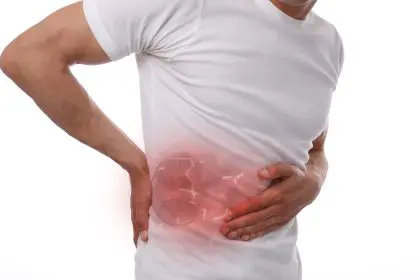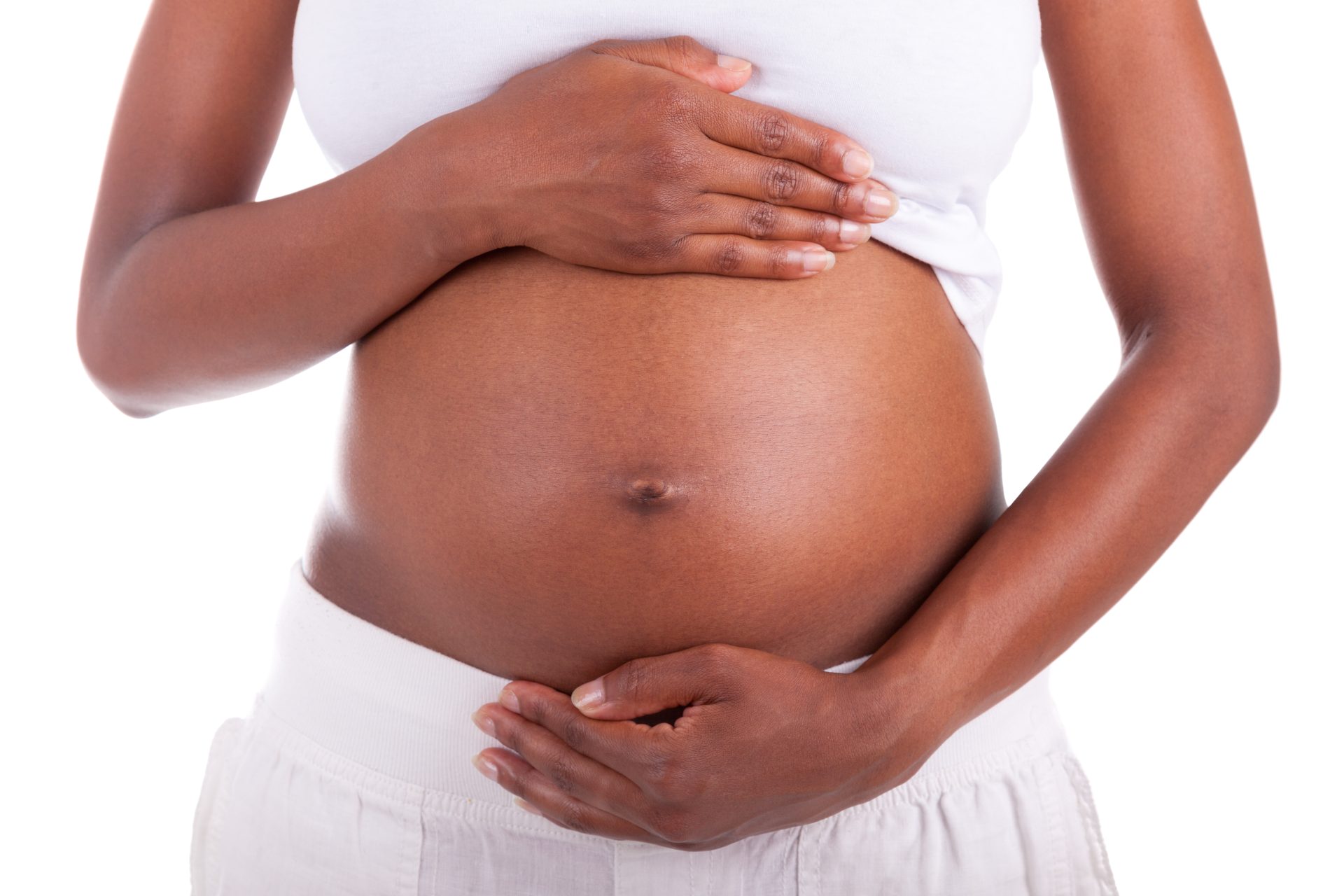Scientists have uncovered compelling evidence that cells from a baby’s father can remain in a mother’s body for decades after giving birth. This remarkable process, known as male microchimerism, occurs during pregnancy when cells from the developing fetus cross the placental barrier and establish themselves in the mother’s body.
Dr. Maria Hernandez, a reproductive biology researcher at Stanford University, explains, “What we’re seeing is truly remarkable. These cells don’t simply disappear after birth – they become part of the mother’s tissue, potentially influencing her health for years to come.”
How paternal DNA takes up residence
The process begins during the earliest stages of pregnancy when fetal cells carrying paternal DNA enter the mother’s bloodstream. These cells possess the remarkable ability to cross the blood-brain barrier and integrate into various organs. What’s more fascinating is that these cells may remain in the mother’s body for decades, creating a lasting biological connection. Various types of cells, including immune cells and stem cells, can make this transition.
Impact on maternal health
Research suggests this biological phenomenon might have significant implications for women’s health. Studies have shown potential benefits including enhanced immune system function, improved wound healing capabilities, and better tissue repair mechanisms. Some research even suggests possible protection against certain diseases. However, scientists also note potential concerns such as increased susceptibility to specific autoimmune conditions and complex interactions with existing health conditions.
Breaking down the science of microchimerism
Dr. James Chen, a leading genetics researcher, shares his insights: “When we examine tissue samples from women who have carried male children, we frequently find Y chromosomes – genetic material that could only have come from their male children, and by extension, the fathers of those children.”
The persistence of these cells, known as fetal microchimerism, demonstrates the profound biological impact of pregnancy on a woman’s body. These cells don’t just passively exist; they actively integrate into various tissues and may influence bodily functions.
Long-term implications
The discovery of persistent paternal DNA in mothers has sparked numerous research initiatives exploring potential health implications. Studies indicate these persistent cells might play a significant role in autoimmune disease development or protection, cancer risk modification, and overall immune system function.
Emotional and psychological impact
Beyond the biological implications, this discovery has profound emotional significance. Many women find it fascinating and meaningful to know they carry a physical connection to their children and, by extension, their children’s fathers. A mother of three, Sarah Martinez, shares her perspective: “Learning about this genetic connection helped me understand why motherhood feels so transformative. It’s not just an emotional change – it’s literally changing who we are at a cellular level.”
Future research directions
Scientists continue to explore the long-term health implications, potential therapeutic applications, influence on subsequent pregnancies, and impact on aging and longevity. Dr. Lisa Thompson, a reproductive immunologist, offers insight: “This field of study challenges our traditional understanding of pregnancy and its lasting effects. We’re just beginning to understand the complex interplay between maternal and fetal cells.”
Understanding the process
The technical aspects of microchimerism involve complex cellular mechanisms. During cell migration, fetal cells cross the placental barrier and circulate in maternal blood, with some finding permanent homes in maternal tissues. Through cell integration, these cells may transform into different tissue types, become part of organs and systems, while some maintain their original characteristics.
Practical implications
This scientific understanding of microchimerism has revolutionized approaches to medical monitoring, including enhanced pregnancy tracking, better understanding of pregnancy complications, and improved postpartum care approaches. In terms of health care considerations, it has provided new perspectives on autoimmune conditions and enhanced understanding of maternal health.
Looking ahead
As research continues, scientists anticipate discovering more about this fascinating biological connection. The implications could revolutionize our approach to maternal health care, pregnancy monitoring, postpartum treatment, and autoimmune disease management.
The bottom line
The discovery that paternal DNA can persist in a mother’s body long after pregnancy adds another layer to our understanding of the profound biological changes that occur during pregnancy. This knowledge not only provides insights into maternal health but also highlights the lasting physical connection between parents and their children. While more research is needed to fully understand microchimerism, it’s clear that pregnancy creates biological changes that are far more lasting and significant than previously understood. This discovery continues to reshape our understanding of parenthood, pregnancy, and human biology, potentially leading to breakthrough treatments and enhanced understanding of human development and health.
















